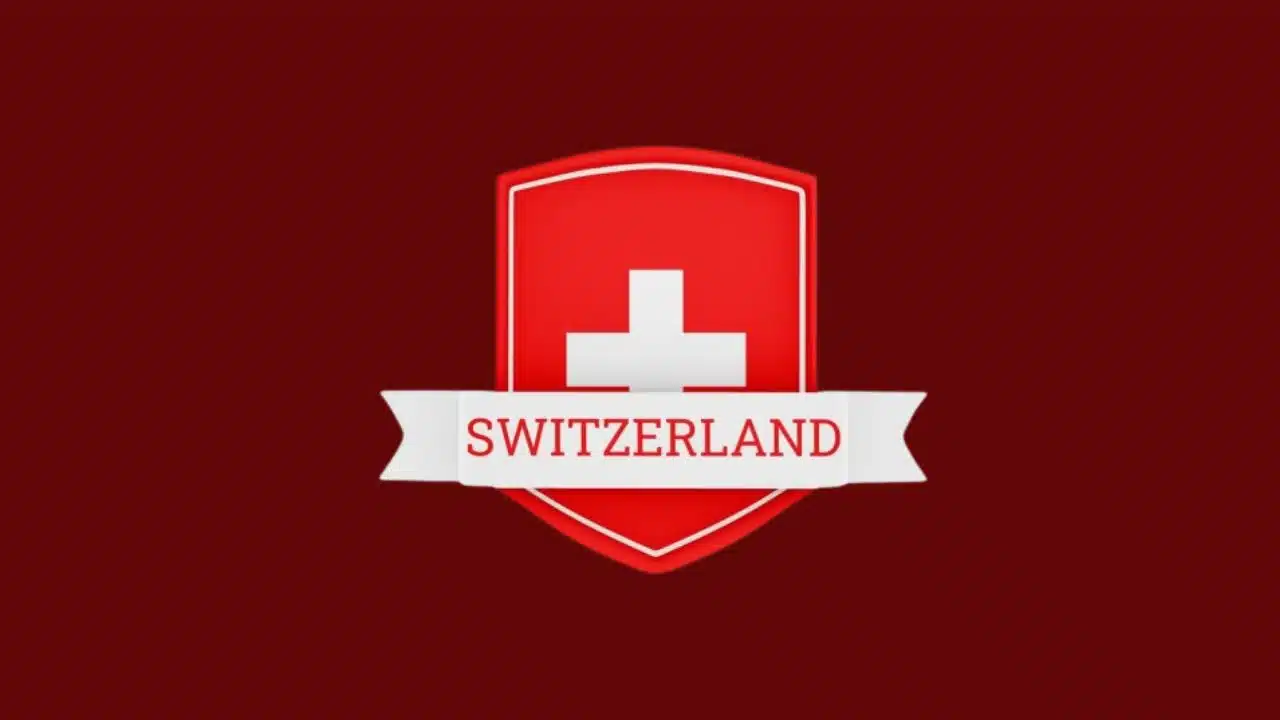Switzerland is set to join the European Sky Shield Initiative (ESSI), an ambitious project aimed at creating a shared missile defense system across Europe. This move, announced by the Swiss government on Friday, represents a significant shift in Switzerland’s defense strategy, traditionally rooted in neutrality. While the decision opens doors to greater cooperation with European nations in air defense, it has also sparked controversy and debate within the country.
Origins of the European Sky Shield Initiative
The European Sky Shield Initiative was born out of growing security concerns in Europe, especially after Russia’s invasion of Ukraine in February 2022. The conflict dramatically changed the security landscape of Europe, leaving many nations reconsidering their defense strategies. Recognizing the need for a collective defense approach, Germany took the lead in proposing the ESSI project, bringing together European countries to create a unified missile defense system.
The core idea behind ESSI is to provide a coordinated response to threats posed by medium-range missiles and other aerial threats. The joint initiative focuses on improving the capabilities of European countries to intercept and neutralize such threats through advanced ground-based air defense systems. By pooling resources, expertise, and technology, the initiative aims to develop a robust and interoperable system that can protect European skies.
While the initial focus is on medium-range missiles, the participating nations are also exploring broader plans for other types of defense measures, including protection against long-range ballistic missiles and emerging drone technologies. The goal is to create a comprehensive system capable of adapting to a wide range of potential threats.
Switzerland’s Role and Significance in ESSI
Switzerland’s decision to join ESSI marks a major step in its defense policy. On Friday, Urs Loher, the head of armaments for Switzerland, signed the official agreement, making Switzerland the 15th member of the initiative. This move not only strengthens Switzerland’s position in European defense cooperation but also signals a shift towards greater involvement in regional security matters.
According to a statement released by the Swiss government, “With its participation in ESSI, Switzerland is increasing international opportunities for cooperation. ESSI enables better coordination of procurement projects, training, and logistical aspects in the area of ground-based air defense.” This statement reflects Switzerland’s intent to leverage the collaborative framework provided by ESSI to enhance its own air defense capabilities while contributing to the broader defense network in Europe.
By joining ESSI, Switzerland will be able to better coordinate with other participating countries on various fronts, such as the joint procurement of air defense equipment, standardized training programs for defense personnel, and the establishment of shared logistical support systems. This could help Switzerland improve its defense infrastructure without shouldering the entire burden alone, as it would benefit from the expertise, technology, and resources of other nations.
Additionally, Switzerland’s involvement in ESSI could open doors to new technologies and defense systems that it may not have had access to previously. The collaborative nature of ESSI allows for information and technology sharing, enabling Switzerland to enhance its own defense systems by integrating them with the broader European network. This is particularly important in light of modern defense challenges, where missile threats are becoming increasingly sophisticated and unpredictable.
Switzerland’s Neutrality Under Scrutiny
However, Switzerland’s decision to join ESSI has not been without controversy. Switzerland is renowned for its long-standing tradition of neutrality, a position it has maintained for centuries. The country has historically refrained from joining military alliances, steering clear of international conflicts, and focusing instead on humanitarian efforts and diplomatic mediation. Neutrality has been a cornerstone of Swiss identity, and any move that appears to compromise this stance is met with scrutiny.
Critics argue that by joining a military defense initiative, Switzerland is inching closer to military alliances and entanglements, which could undermine its neutral stance. The concern is that ESSI, despite its defensive nature, ties Switzerland more closely to the defense strategies of European nations, potentially drawing the country into future conflicts.
In response to these concerns, the Swiss government has emphasized that Switzerland’s participation in ESSI does not conflict with its neutrality. The government has been clear that ESSI is a defensive initiative, focused solely on protecting European airspace from missile threats and that it does not impose any binding military obligations on Switzerland. Unlike formal military alliances, ESSI allows Switzerland to retain full control over the level of its involvement and decision-making. This flexibility ensures that Switzerland can choose how much or how little it participates, based on its national interests.
The government has also reassured critics by highlighting that Switzerland reserves the right to withdraw from ESSI if the initiative evolves in a way that is incompatible with Swiss neutrality. Specifically, if any of the member nations become involved in a conflict, Switzerland can step back from the project to avoid being drawn into the conflict. This safeguard is intended to preserve Switzerland’s non-alignment, ensuring that it remains in control of its defense policies.
A Balancing Act: Neutrality and Modern Security Challenges
Switzerland’s decision to join ESSI reflects the complex balancing act it faces between maintaining its traditional neutrality and addressing modern security challenges. In recent years, the security environment in Europe has grown more unpredictable, with new threats emerging in the form of advanced missile systems, drones, and cyber-attacks. As a result, many nations, including Switzerland, are rethinking their defense strategies to ensure they are prepared for future threats.
By participating in ESSI, Switzerland is taking a pragmatic approach to national defense. The initiative allows the country to strengthen its air defense capabilities in collaboration with other European nations while maintaining the flexibility to withdraw if its neutral stance is threatened. This approach enables Switzerland to remain a neutral player on the international stage while ensuring that it has the means to protect its airspace from potential missile threats.
The growing threat of medium-range missiles and advanced aerial attacks has made it increasingly clear that no country can effectively defend itself in isolation. Switzerland’s participation in ESSI demonstrates a recognition of this reality and a willingness to work with its neighbors in the interest of collective security.
Broader Implications for Europe
Switzerland’s decision to join ESSI also has broader implications for Europe. As more countries come together to strengthen missile defense, Europe is sending a clear signal that it is serious about protecting its territory from potential threats. The involvement of a traditionally neutral country like Switzerland adds weight to the initiative, showing that even nations with a long history of non-alignment see value in participating in a defensive alliance.
For Europe, the growing membership of ESSI strengthens its ability to develop a comprehensive and effective missile defense system. The initiative not only enhances the security of individual member nations but also contributes to the overall stability of the region. In a time of heightened geopolitical tension, ESSI represents a united front in defense of Europe’s skies.
A New Era of Defense Cooperation for Switzerland
Switzerland’s participation in the European Sky Shield Initiative marks a new chapter in its defense policy. While the country remains committed to its tradition of neutrality, it recognizes the need to adapt to changing security dynamics. ESSI offers Switzerland a way to strengthen its air defense while retaining the flexibility to remain neutral. For Switzerland, this is not just about joining a defense project but about navigating the complexities of modern security while staying true to its core values.
As Europe continues to face evolving threats, the importance of initiatives like ESSI cannot be understated. Switzerland’s involvement in the project underscores the significance of international cooperation in maintaining peace and security in an increasingly volatile world. Whether this move will fully satisfy both supporters and critics of Swiss neutrality remains to be seen, but it is clear that Switzerland is stepping into a new era of defense collaboration.































